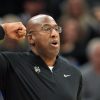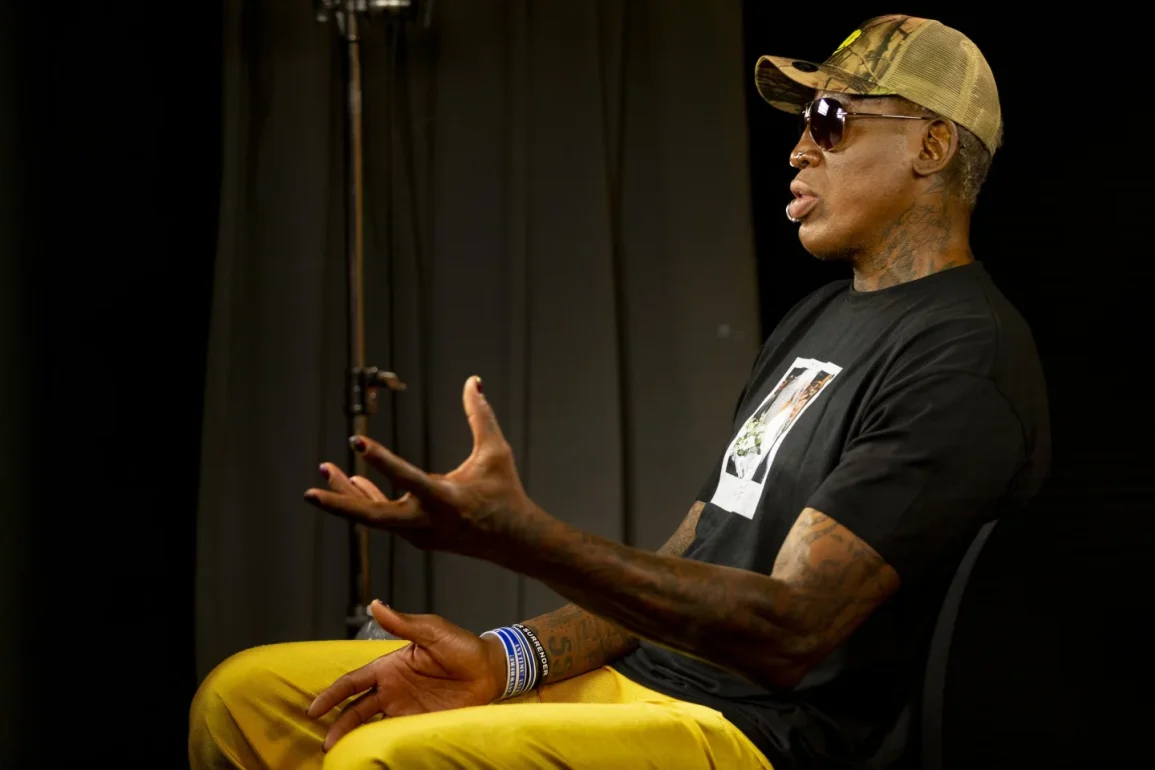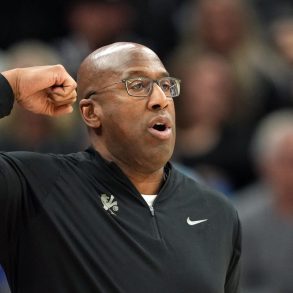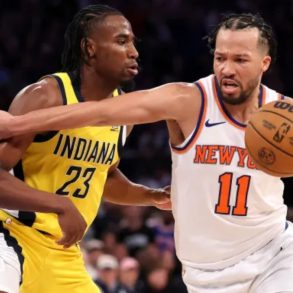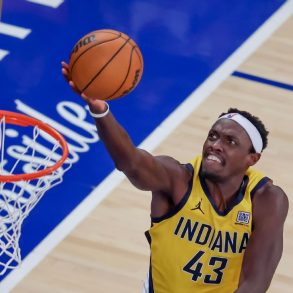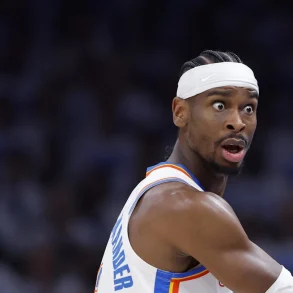Dennis Rodman’s name is synonymous with unpredictability, controversy, and dominance on the basketball court. Known for his eccentric personality, colorful hair, and relentless pursuit of rebounds, Rodman became one of the most polarizing figures in NBA history.
His skill set was undeniable, but it was his off-court antics and unpredictable behavior that made him one of the league’s most talked-about players.
Rodman was born on May 13, 1961, in Trenton, New Jersey, and raised in Dallas, Texas. He had a challenging upbringing, marked by a strained relationship with his father and a difficult childhood. Rodman was not an instant success in basketball; in fact, he was a relatively unknown player when he entered college. He played for Southeastern Oklahoma State University, a small school with limited recognition.
However, his natural athleticism, combined with his work ethic, allowed him to excel on the court. By the time he entered the NBA, Rodman had developed into one of the most tenacious rebounders in the history of the game.
Rodman was drafted by the Detroit Pistons in 1986, a team that was known for its tough, gritty playstyle. His ability to defend and rebound, along with his tenacity, fit perfectly with the Pistons’ “Bad Boys” reputation. Rodman’s role was clear: to be a disruptive force, a defensive specialist, and a rebounding machine.
He embraced this role fully, even though it meant putting his scoring ability on the backburner. Instead, he became one of the most feared defenders and rebounders in the league, often taking on the task of guarding the opposing team’s best player.
Rodman’s success with the Pistons was immediate. He won back-to-back NBA championships with the team in 1989 and 1990, and his rebounding prowess quickly earned him recognition. He was named the NBA’s Defensive Player of the Year in 1990 and made the All-Defensive First Team in each of his first six seasons with the Pistons.
However, his time in Detroit was also marked by tension with the team’s management, coaches, and even his teammates. Rodman’s erratic behavior and off-court antics started to overshadow his play on the court, and it became clear that he didn’t always fit the mold of the traditional NBA star.
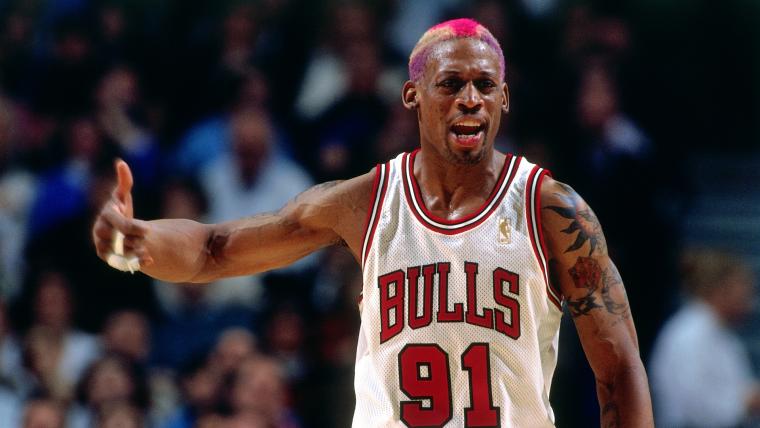
Rodman was traded in 1993
Rodman’s time in Detroit ended in 1993, and he was traded to the Chicago Bulls. This move would prove to be the catalyst for Rodman’s most successful years as a professional basketball player.
Under the guidance of legendary coach Phil Jackson and alongside teammates like Michael Jordan and Scottie Pippen, Rodman found a new level of success. The Chicago Bulls, already one of the most dominant teams of the era, became even stronger with the addition of Rodman.
Rodman’s tenure with the Bulls was marked by three consecutive NBA championships from 1996 to 1998. His role on the team was similar to his time in Detroit—focusing on defense, rebounding, and doing the dirty work that other players didn’t want to do.
However, his eccentricities continued to make headlines. Rodman’s antics ranged from wearing wedding dresses to engaging in public feuds with teammates and coaches. His behavior was often unpredictable, and it became clear that Rodman’s personality was just as unique as his basketball skills.
One of the most famous incidents during Rodman’s time with the Bulls occurred in 1997 when he left the team for a few days to take a vacation in Las Vegas. Rodman’s absence created tension within the team, but he returned to lead the Bulls to another championship. His ability to focus and perform when it mattered most was one of the reasons why his teammates continued to support him despite his unpredictable nature.
Rodman’s time with the Bulls ended after the 1998 season, but his career did not. He went on to play for the Los Angeles Lakers and the Dallas Mavericks in the later stages of his career. While his time with these teams was less successful, Rodman’s impact on the game was undeniable.
His ability to change the course of a game with his rebounding and defense made him one of the most valuable players on the court, even though he didn’t always fit the traditional role of an NBA star.
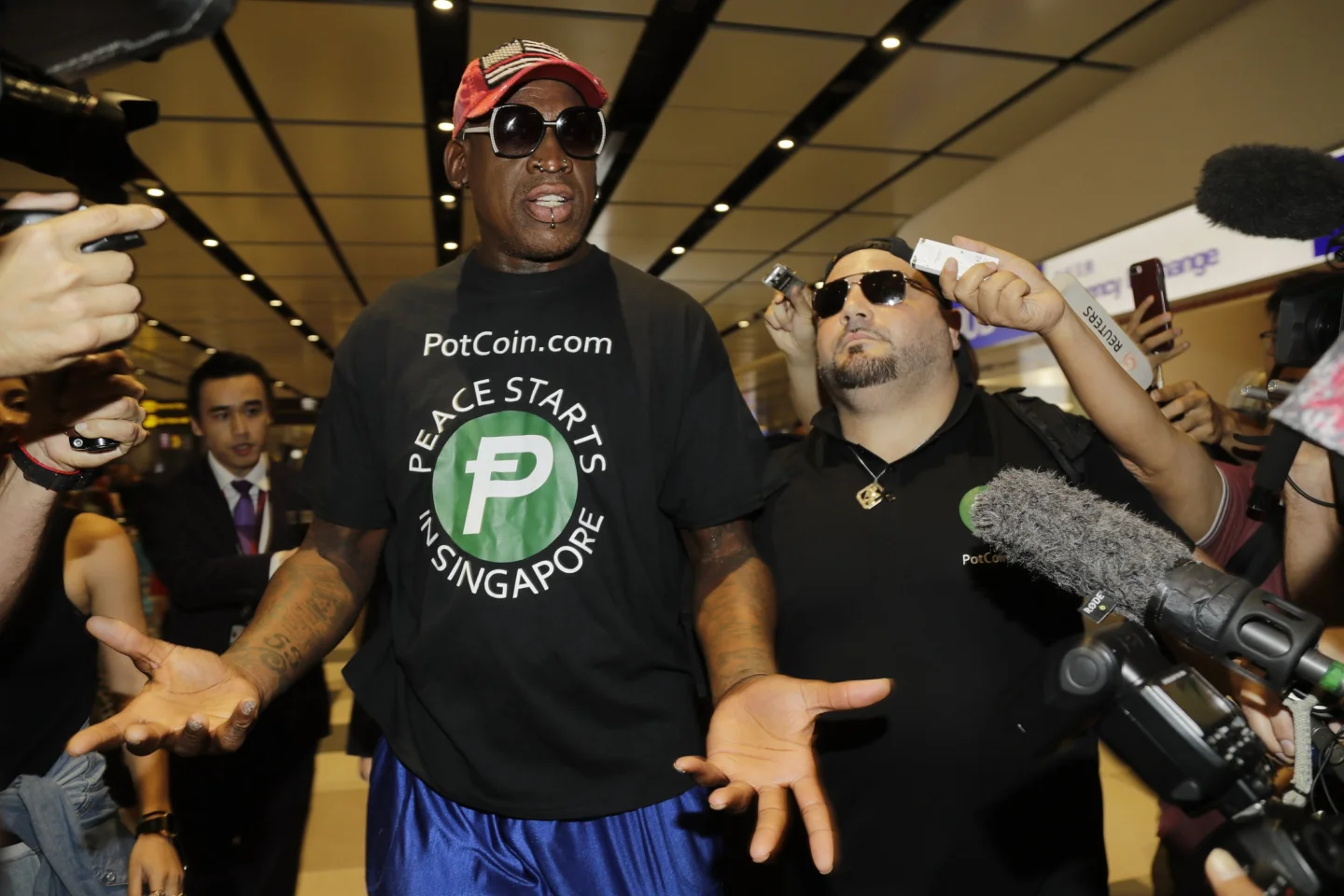
Controversial & unpredictable career
Off the court, Rodman’s life was just as unpredictable as his basketball career. He became known for his wild behavior, his media appearances, and his relationships with celebrities. Perhaps the most bizarre chapter in his life came when he became friends with North Korean dictator Kim Jong-un.
Rodman’s visits to North Korea, where he was often photographed alongside the leader, sparked widespread controversy and raised many questions about his motivations.
Rodman’s relationship with the media was often contentious. His refusal to conform to the expectations of the traditional athlete, along with his controversial opinions and behaviors, led to constant scrutiny. He wasn’t afraid to speak his mind, and his antics often overshadowed his on-court achievements.
However, despite the criticism, Rodman remained unapologetic, and his impact on the NBA and pop culture was undeniable.
Dennis Rodman’s legacy is one of contradictions. He was a key player on some of the most successful teams in NBA history, yet his career was marred by his unpredictable behavior and off-court controversies. He remains one of the most unique players to ever grace the basketball court—an icon who defied conventions and left a lasting impression on the NBA.
Whether one sees him as a misunderstood genius or an attention-seeking star, there’s no denying that Dennis Rodman’s influence on the game of basketball is profound.
